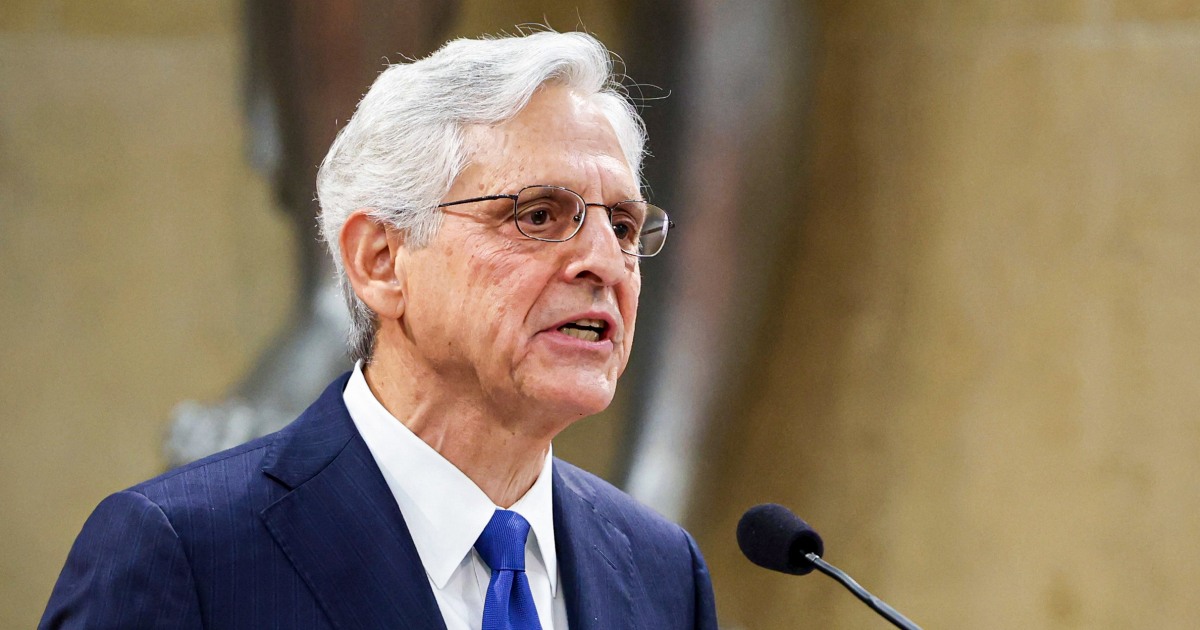Summary
The Justice Department urged the Supreme Court to reject Donald Trump’s request to delay a law banning TikTok or forcing its sale by Jan. 19, 2025.
TikTok’s parent, ByteDance, claims the ban violates First Amendment rights, but the DOJ argued the law targets foreign ownership, not free speech, and passes constitutional scrutiny.
Trump, despite opposing a ban publicly, asked the Court to extend the deadline to seek a political resolution.
The Supreme Court will hear arguments on Jan. 10, with the ban set to take effect before Trump’s inauguration.



It’s a weird one, China’s constant hacking attempts seem annoying, but then their consumer products sold in America are generally decent because they want to sell goods. So it makes one think, in China, are American products suspect because America tries to spy on them constantly? Have we hacked their entire telecom infra and they run news campaigns about how Evil America Broke The Phones? Is this a scenario where these large dominant power nations all do the same crap to each other but purport to their own citizens that they’re actually the good guys?
From there then, which would a citizen of a nation-state really trust? The software written by their own companies, with their own internal state-sponsored censorship and spying? Or that of another nation-state? Seems in almost every case, using the software from the other nation-state would actually allow more “freedom” - which is…weird to contemplate.
One exception I can think of, was that Kaspersky was very good antimalware software, but I caught it on several occasions completely blind to Russian malware software. Other AV software caught it, but Kaspersky just went deer-in-headlights and let it pass through. So perhaps, this isn’t a black-and-white scenario.
In the case of social medias though, I’d say, consume as many different sources as one can. Sum up and divide to get the average. Likely, somewhere in there is where the actual truth lies.